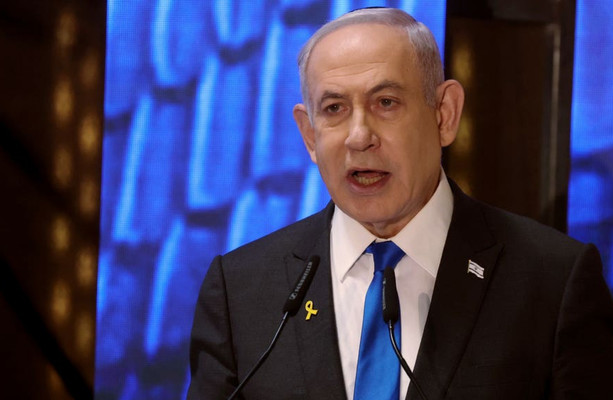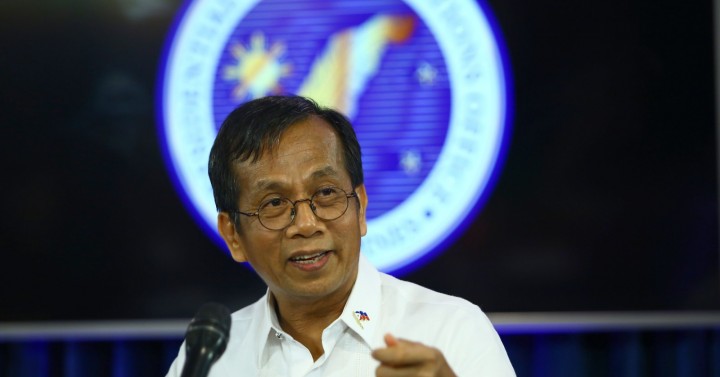Israel’s Planned Appeal Against ICC Arrest Warrants: A Defining Move
Israel has announced its intention to appeal the arrest warrants issued by the International Criminal Court (ICC) against Prime Minister Benjamin Netanyahu and Defense Minister Yoav Gallant, accused of war crimes in Gaza. This development has raised significant questions regarding international law and Israel’s relations with its allies, highlighting the complex dynamics of accountability, immunity, and geopolitical alliances.
The ICC Arrest Warrants Explained
The ICC’s decision to issue arrest warrants comes amid escalating tensions in Gaza. These warrants, issued on the grounds of alleged war crimes during military operations, aim to hold accountable those deemed responsible for grievous violations of human rights and international law. Netanyahu and Gallant are specifically implicated in operations that have resulted in high civilian casualties and extensive damage to infrastructure.
Who is Involved?
- Benjamin Netanyahu: The current Prime Minister of Israel, involved in numerous military operations in Gaza.
- Yoav Gallant: Israel’s Defense Minister, instrumental in strategizing military actions.
- International Criminal Court (ICC): A body established to prosecute individuals for international crimes, including genocide and war crimes.
The Legal Landscape
Israel’s appeal is underpinned by its assertion that it is not a member of the ICC, thereby claiming immunity from its jurisdiction. This legal standpoint is echoed by French authorities, who support Israel’s position on the international stage.
According to a spokesperson from the French Foreign Ministry, "Mr. Netanyahu enjoys certain immunities under international law, and since Israel is not a party to the Rome Statute, the ICC cannot enforce its warrants." This statement highlights a crucial point in the ongoing discourse surrounding accountability for war crimes.
Implications for Israel and Its Allies
Analysts are keenly observing how these developments may affect Israel’s relationship with its allies. The notion that a sitting Prime Minister and Defense Minister could be tried for war crimes raises questions about international relations, particularly within the Western alliance.
"This situation has the potential to split the Western alliance," commented Thomas Wright, an international relations expert. "Countries must navigate their stance on accountability and support for our ally in the Middle East."
The Broader Context of War Crimes in Gaza
The situation in Gaza has historically been fraught with violence and humanitarian crises. Reports of civilian casualties during military operations have garnered international condemnation and calls for accountability. Israel maintains that its military actions are in response to threats posed by groups such as Hamas, defending its right to self-defense.
Moreover, the United Nations and various human rights organizations have documented numerous incidents they consider violative of international humanitarian law, contributing to the ICC’s decision to act.
The Potential Impact
The repercussions of the ICC’s ruling and Israel’s appeal could set a significant precedent. The card of international law and war crimes prosecution in the context of state sovereignty and political machinations poses challenging questions:
- What implications does this have for international norms around war crimes?
- How will this influence public opinion in Israel and around the globe?
- Could this affect future military operations undertaken by Israel or its allies?
Engaging with the Public
This unfolding situation encourages public discussion and engagement. Readers are invited to share their thoughts on the implications of Israel’s appeal against the ICC warrants and what it means for international law and global diplomacy.
For further insights, read our related articles on international law and accountability in conflict zones.
Final Thoughts
As Israel navigates the complexities of its international legal challenges, the implications could reverberate far beyond its borders. The appeal against the ICC warrants represents a watershed moment in the ongoing discourse about war crimes and accountability, ultimately engaging not just political leaders, but citizens around the world.
Feel free to share your perspectives in the comments below, and keep following us for the latest updates on this important topic.
Editor’s Note: All information in this article has been verified to ensure accuracy. Source links can be found here: The Guardian, BBC.com, Euronews, Financial Times, and TheJournal.ie.

